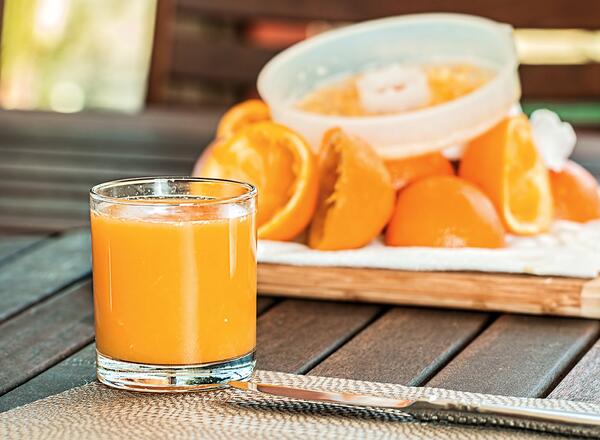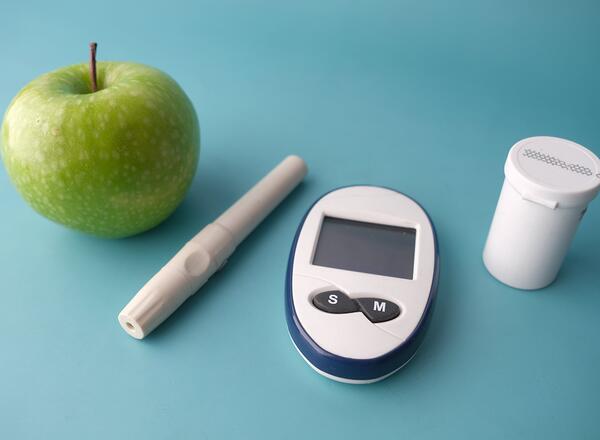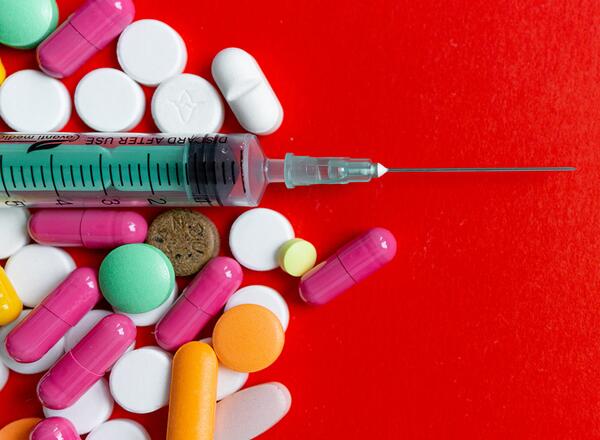
Hypoglycemia happens when blood glucose drops below 70mg/dl. Most people recognize low blood glucose symptoms, and get relief of these symptoms after eating a fast-acting carbohydrate. Individuals taking insulin or some type 2 diabetes medications are at risk of hypoglycemia.
Severe hypoglycemia occurs when blood glucose falls to a level that requires someone else to help with treatment because of altered mental status.
Usually when hypoglycemia occurs, there are a variety of recognizable symptoms such as shakiness, sweating, anxiety, heart palpitations, irritability, and dizziness. With hypoglycemia unawareness, blood glucose drops without these typical warning symptoms. This condition is caused by a failure of glucose counter regulation.
Frequent episodes of hypoglycemia can cause increasingly lower levels of glucose to produce symptoms. In some cases, these warning symptoms are not present at all.
Hypoglycemia unawareness is more common with type 1 diabetes because of the dependence on insulin. The longer the duration of diabetes, the greater the risk of hypoglycemia unawareness.
The absence of hypoglycemia symptoms presents a danger for the person with diabetes. This can be especially concerning if it happens during sleep, or when one is driving. It is also a difficult management issue for the health care provider.
Treatment for hypoglycemia unawareness is avoiding low blood glucose.
- Start with identifying the blood glucose level that triggers hypoglycemic symptoms.
- Work with your health-care provider to modify glucose and A1C targets to prevent hypoglycemia. The longer hypoglycemia is avoided the better. It can help restore the blood glucose response.
Technology can play an important safety role.
- Wearing a continuous glucose monitor that alarms as glucose levels drop too low will alert you to the developing hypoglycemia.
- Some devices can send alerts to loved ones as an additional safety measure. This safety measure provides another level of comfort for parents of children with type 1 diabetes.
- Some insulin pumps will suspend insulin delivery when glucose drops too low.

